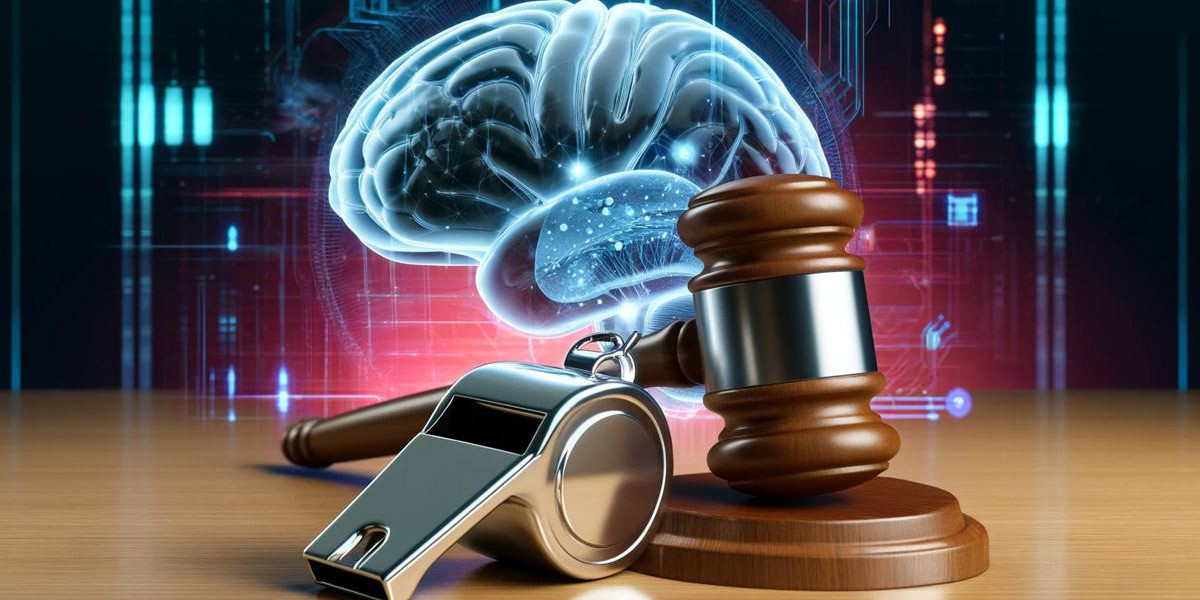The Rise of AI and Ethical Concerns
Artificial intelligence has transformed industries worldwide, offering unprecedented capabilities and efficiencies. However, as AI systems become more integral to our lives, the ethical stakes and potential for misuse also increase.
The Role of AI Insiders
Employees and researchers at firms like OpenAI and DeepMind are often on the front lines, witnessing firsthand the potential ethical dilemmas and risks associated with AI technologies. Their unique position gives them crucial insights into how these technologies operate and the consequences they might entail.
Why Whistleblower Protections Are Necessary
Given the rapid development and deployment of AI technologies, whistleblowers within these organizations play a vital role in identifying and reporting unethical practices or harmful applications. Protecting these individuals is crucial to maintaining ethical standards and public trust in AI.
Specific Demands from AI Insiders
AI insiders are advocating for robust legal protections that can shield them from retaliation when they expose wrongdoing. This section delves into their specific demands and the reasons behind them.
Enhanced Legal Safeguards
- Legal Immunity from Retaliation: Insiders are seeking guarantees that they can report unethical activities without fear of losing their jobs or facing legal action.
- Support Structures: Proposals include the establishment of independent bodies to evaluate and act on whistleblower claims effectively and confidentially.
The Impact of Inadequate Protections
Without sufficient protections, potential whistleblowers might be deterred from coming forward, allowing unethical practices to proliferate unchecked.
Potential Impacts on the AI Industry
The call for whistleblower protections is likely to have significant repercussions for the AI industry, influencing how organizations manage transparency and accountability.
Shifting Industry Norms
- Promoting Ethical Standards: Enhanced protections could lead to higher ethical standards and more responsible AI development practices.
- Building Public Trust: By safeguarding whistleblowers, the industry can improve its relationship with the public, fostering greater trust in AI technologies.
Challenges to Implementing Protections
Implementing these protections poses challenges, including defining the scope of what should be protected under whistleblower laws and ensuring these measures do not stifle innovation.
Conclusion: A Crucial Step for Ethical AI
The movement for AI whistleblower protections represents a crucial step towards ensuring that the development and deployment of AI technologies adhere to the highest ethical standards. As the industry continues to evolve, the role of whistleblowers will be paramount in safeguarding the societal values impacted by AI.
FAQs After the Conclusion
What are AI whistleblower protections?
- AI whistleblower protections are legal measures designed to safeguard individuals who expose unethical or harmful practices in the development and application of artificial intelligence.
Why are OpenAI and DeepMind insiders demanding these protections?
- They are advocating for protections to ensure they can report unethical practices without fear of retaliation, thereby promoting a more ethical AI development environment.
What could happen without these protections?
- Without adequate protections, potential risks and unethical practices might not be reported, which could lead to harmful consequences for society.
How would these protections affect the AI industry?
- They could improve ethical standards, enhance transparency, and build public trust in AI technologies.
What challenges exist in implementing these protections?
- Challenges include defining the scope of protections, balancing the need for transparency with the risk of stifling innovation, and establishing effective support systems for whistleblowers.








